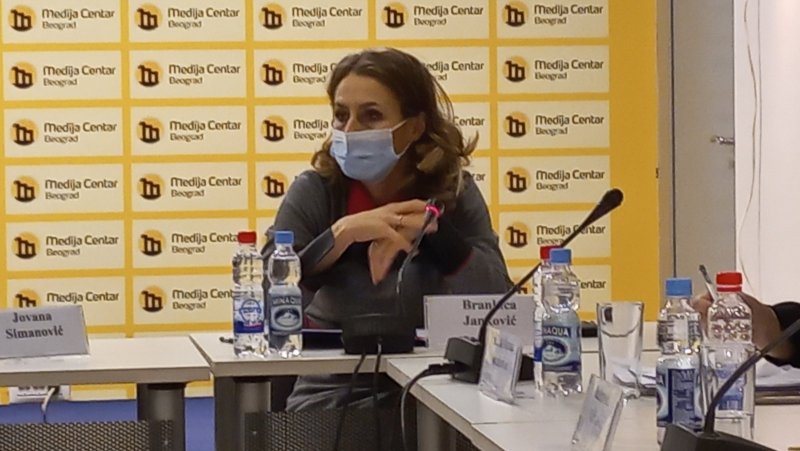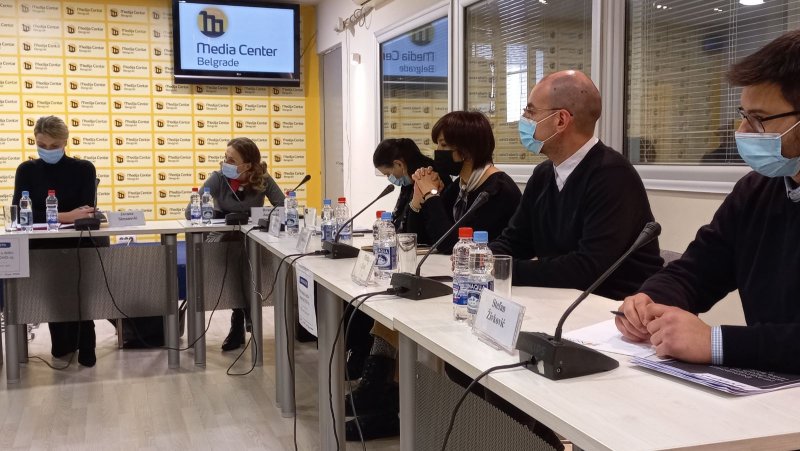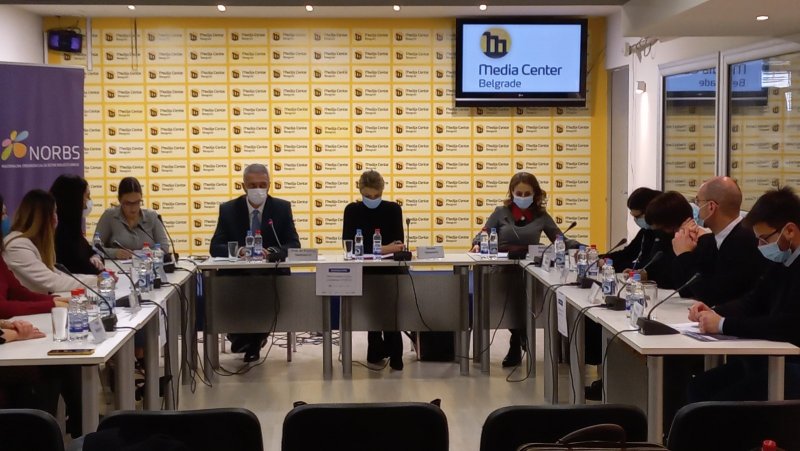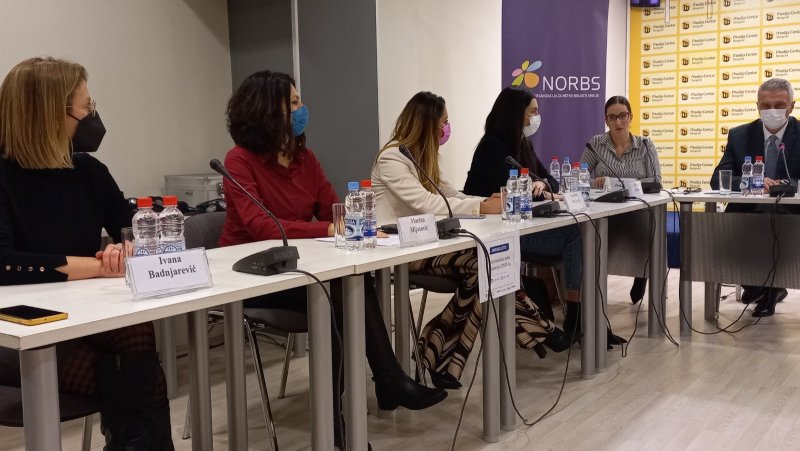The practice of the Commissioner, dealing with complaints, but also various reports and research, show that patients with rare diseases face problems every day related to providing appropriate treatment, diagnosing, supporting children in the process of education and daily functioning, said Commissioner for the Protection of Equality, Brankica Janković at the round table “Rare diseases during the COVID-19 pandemic” organized by the National Organization for Rare Diseases of Serbia (NORBS).
It is the obligation of the state, and we have repeatedly pointed out, to constantly and persistently work on providing therapies and newer generation drugs at the expense of the RFHI, to take preventive protection and screening measures, to raise awareness of health risks and work on greater availability of psychological and other support by the system, said Janković, emphasizing that some of these problems were pointed out in the Special Report on Discrimination against Children, which was recently presented by the Commissioner.
The problems of people suffering from rare diseases have multiplied during the health crisis – payments for social protection services were delayed, due to limited access to health institutions, surgeries, diagnostic procedures, and check-ups were delayed, and movement restrictions affected the work of service providers. During the crisis, the Commissioner addressed the Government and the competent authorities several times, asking for work and parenthood to be harmonized, for every child to be given equal opportunities for education, and for measures of economic support to the population to be more just, Janković reminded.





